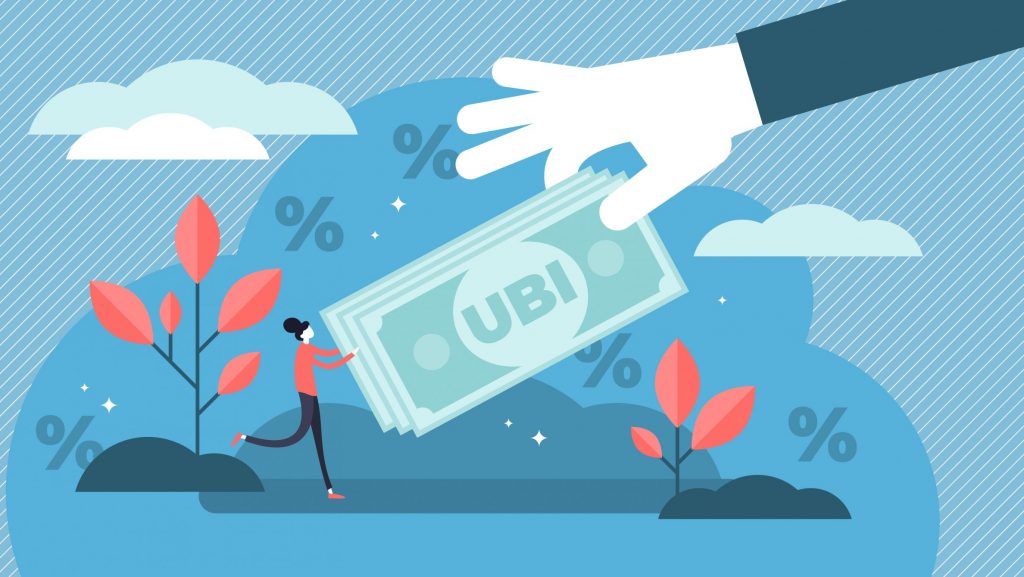
Universal basic income, which is being used in Kenya to help workers, has caught the attention of tech mogul Elon Musk, among others, as an option for workers displaced by AI. (Source: Adobe Stock)
Researchers, Executives Consider Universal Basic Income to Help Workers Replaced by AI
Phillipa Kelly has written a fascinating piece for theguardian.com on Universal Basic Income for displaced workers. In her research, she has found Elon Musk has taken an interest in UBI, along with the government of Kenya which has been experimenting with the UBI idea since 2017.
It’s a topic that may become of interest in the United States as some predict that AI will replace thousands of people’s jobs as soon as next year, including those in white-collar fields.
Advent of Robots
For years, robots have been employed in areas that involve factory work, replacing some employees. But it hasn’t yet been the job-killer some have predicted. Already AI is replacing upper-level employees in some companies. With this shift, the idea of UBI is to help displaced workers with a weekly paycheck, rather than providing welfare, social services and food banks.
“Elon Musk, at the recent Bletchley Park summit, said he believed ‘no job is needed’ due to the development of AI, and that a job can be for ‘personal satisfaction.’ Economist and political theorist Karl Widerquist, professor of philosophy at Georgetown University-Qatar, sees it differently.
“’Even if AI takes your job away, you don’t necessarily just become unemployed for the rest of your life,’ he says. ‘What happens is you go down in the labor market, you start crowding the lower-income professions.'”
Instead, Widerquist says workers will wind up doing poorly paid, insecure work, which could lower salaries and conditions, increasing “inequality.”
Kenya’s Effort
In Kenya, the world’s largest UBI effort has been paying almost 5,000 people 75 cents (62p) a day since 2017. The 12-year experiment was funded by donations through GiveDirectly.
“Tavneet Suri, a member of GiveDirectly’s research team and professor of applied economics at Massachusetts Institute of Technology, says she has so far seen some surprising results. ‘We do see people leaving low-wage jobs,’ she says. ‘They are going and starting businesses, and the businesses are doing great because there’s money around.’ This unexpected wave of entrepreneurship has also had a positive impact on those taking jobs that pay wages, as a shrinking of the available workforce has led to an increase in salaries.”
Sales tax collection through improved buying power has raised government revenues as a result.
Tax the Rich
Previous research shows that the best and surest way to provide for UBI is to make a fairer tax code that serves the upper and lower-level workers of the world, especially since the wealthiest corporations don’t pay their fair share.
Research from thinktank Autonomy shows a modest UBI system would need to involve higher contributions from the wealthiest people, but that it still wouldn’t increase taxes across the board. However, Will Stronge, director of research at Autonomy, says it wouldn’t achieve the level of change needed.
“’Personally, that vision of a UBI providing lots of people who can’t find any job in the labor market with a secure income indefinitely, I find that quite depressing,’ he says. ‘Capitalist economies are very good at continuing to generate things that people can do to earn a wage, it’s just a question of whether those are good jobs or not – and that we can’t really know.’”
A policy change in the United States may not come soon enough to help displaced workers in the coming year, unfortunately.
read more at theguardian.com







Leave A Comment